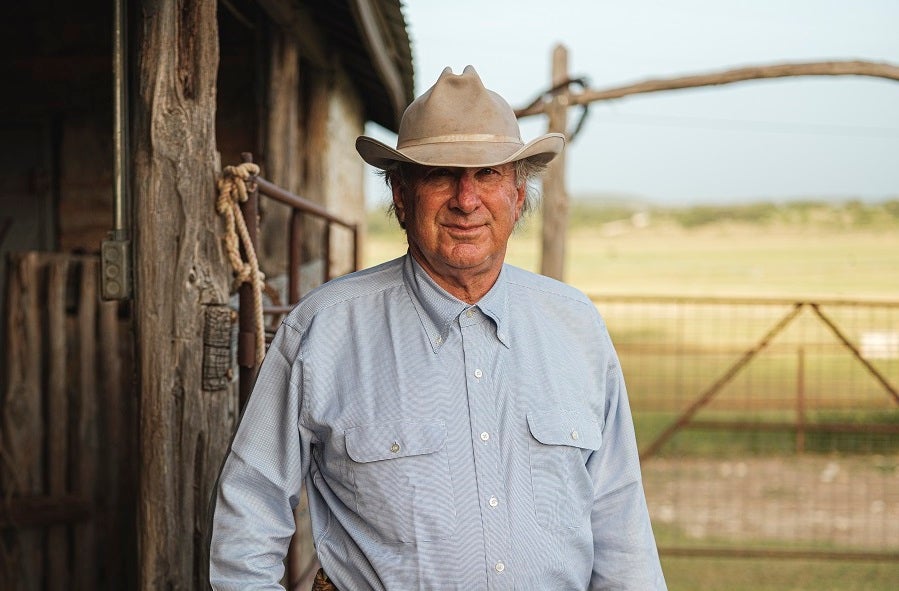OP-ED: The lasting effects of Winter Storm Uri
Published 2:10 pm Wednesday, May 5, 2021
|
Getting your Trinity Audio player ready...
|
It seems odd to still be discussing Winter Storm Uri in May, more than two months after it battered Texas, but that is what the Texas Legislature is doing.
The storm caused severe electrical and natural gas disruptions that crippled transportation and supply chains. It impacted almost every region of Texas and every walk of life. Cattle producers were no exception and faced even higher stakes. In addition to caring for ourselves and our families, we had the added responsibility of protecting our livestock.
We were braving treacherous conditions during the worst of the storm to rescue newborn calves that needed to stay warm to survive. We were breaking ice to ensure our cattle had adequate water, and we were delivering hay and feed to cattle.
A lack of electricity, natural gas, and diesel also created new challenges on the ranch.
Without natural gas, the feed suppliers we rely on had trouble running the equipment necessary to supply that feed. We also had fuel and transportation challenges. Many of us had off-road, dyed diesel on our property, sitting in storage tanks for tractors and off-road equipment, but had trouble fueling our on-road vehicles like pickups and grain trucks due to significant supply disruptions and impassable roads.
Without an exemption, it is illegal to use dyed diesel on the highway, so we were left with the prospect of breaking the law or not being able to reach our livestock to deliver food, water, and care. Fortunately, the Texas and Southwestern Cattle Raisers Association requested a waiver, but it was not granted until Friday after almost a week had passed.
Throughout the storm, the leaders and staff of the Texas and Southwestern Cattle Raisers Association heard from many of our members who experienced these losses and hardships firsthand. Only weeks later, I relayed that information directly to Texas lawmakers in testimony before the House Committee on Agriculture and Livestock.
I explained the great lengths we went to during the storm to care for our livestock and all of the challenges we faced along the way. I concluded my testimony saying:
“This legislature’s work to ensure the power and gas stay on in any future winter storms is vital to all Texans, but especially to those of us who have the added responsibility of raising our food supply.
“On behalf of TSCRA’s more than 17,000 individuals, families, and ranching operations, I ask that all of you continue to keep rural Texas at the forefront of those discussions to mitigate the impacts if and when we should ever face a similar challenge.”
They listened.
The very next day, Representative DeWayne Burns (R-Cleburne), Chairman of the House Committee on Agriculture and Livestock, filed two bills to address concerns he heard the previous day.
H.B. 4296 would place an automatic exception in statute to allow the on-road use of dyed diesel during a declared disaster. The bill applies to those of us who are already able to use dyed diesel and have it available, but it will ensure that we can continue to care for our cattle even if clear diesel isn’t available at the pump without fear of breaking the law.
H.B. 4548 would allow for increased truck weights on state roads to deliver agricultural products during a disaster, ensuring producers can move livestock, hay and feed in the quantities necessary to mitigate the effects of future disasters.
As cattle producers, we owe Chairman Burns a debt of gratitude for hearing and acting on our concerns. With less than a month left in the 87th Texas Legislative Session, I am hopeful both bills will be passed and enacted by the Governor.
Farmers and ranchers will always face added hardships during times of disaster, but even seemingly small measures such as these can play an outsized role in helping us endure and provide the food Texans need.
Hughes Abell is president of Texas and Southwestern Cattle Raisers Association






